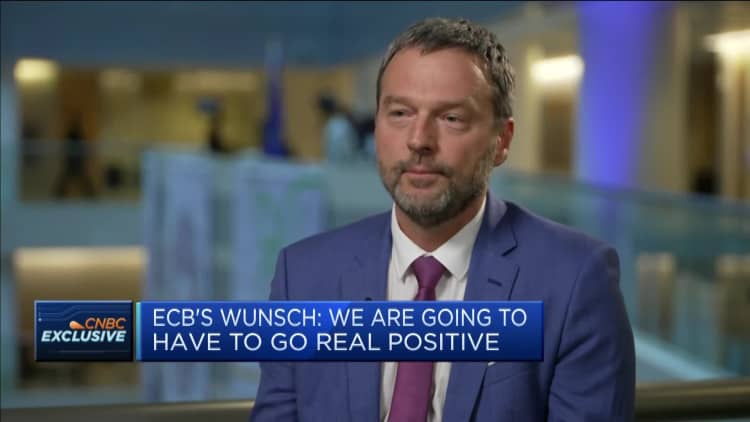European markets closed higher Thursday, having whipsawed as reports emerged of a potential fiscal policy U-turn from the British government and investors around the world balked at the latest U.S. inflation data.
European markets
The pan-European Stoxx 600 provisionally ended the session up 0.9%, with all major bourses and the majority of sectors closing in the green. It follows a mixed afternoon trading session.
Food and beverage stocks led losses Thursday, closing down 1%, while travel and leisure was the best performing sector, adding 3.9%.
Stocks and sterling jumped after several outlets began reporting that the U.K. government was discussing changes to the widely-criticized "mini budget" that has roiled markets since its announcement on Sep. 23.
However, European markets and U.S. stock futures then plunged after the U.S. consumer price index came in at a hotter-than-expected 0.4% month-on-month in September despite the Federal Reserve's aggressive interest rate hikes, eroding market hopes that the central bank would pivot away from its hawkish monetary tightening cycle.
Dow Jones' consensus estimates had expected the CPI to rise 0.3% in September, up from 0.1% in August.
On a 12-month basis, so-called headline inflation was up 8.2%, off its peak around 9% in June but still hovering near the highest levels since the early 1980s.


